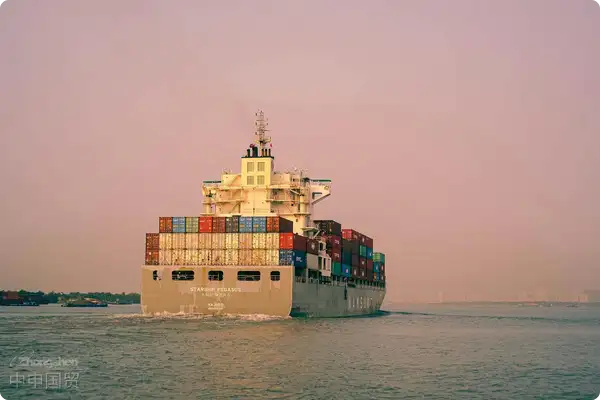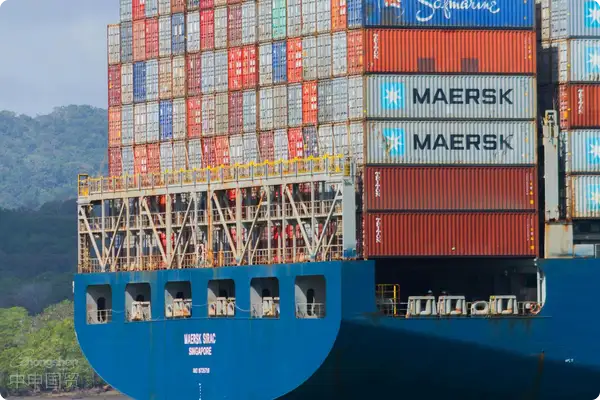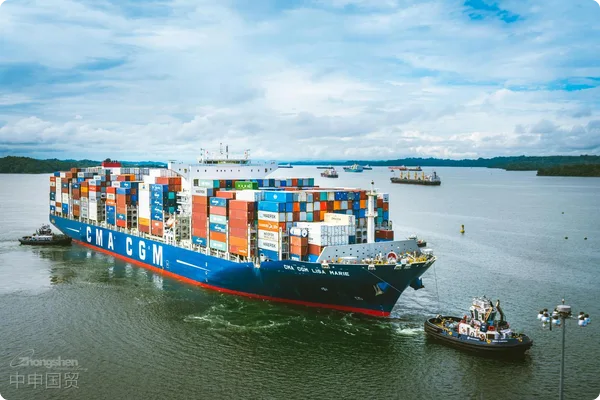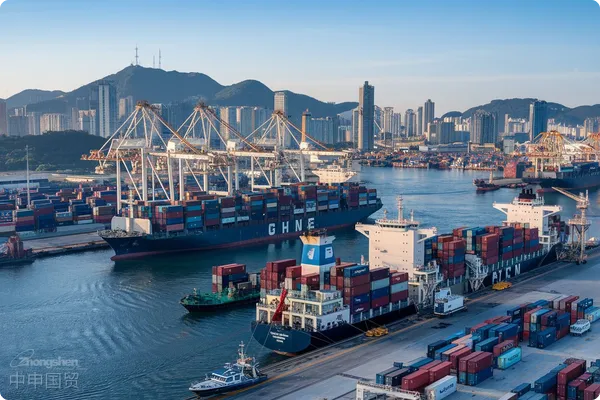- Shanghai Zhongshen International Trade Co., Ltd. - Two decades of trade agency expertise.
- Service Hotline: 139 1787 2118
On June 25, 2024, the Eurasian Economic Union (EAEU) announced that the Board of the Eurasian Economic Commission has decided to reduce the import tariff on desiccated coconut (CN FEA code 0801110000) to zero, effective until July 31, 2027. This decision will take effect 30 days after its official publication.
Background and Significance
Desiccated coconut is a processed product of coconuts and is widely used in various fields, particularly playing a significant role in the food industry. It is commonly used in the production of candies, chocolates, cakes, pastries, biscuits, and other products, as well as in industries such as perfumes,Cosmetics & Personal Careand pharmaceuticals. This tariff adjustment will have a significant impact on these industries.
Specific Details of the Desiccated Coconut Import Tariff Adjustment
Prior to this adjustment, the import tariff rate for desiccated coconut was 3%. With the implementation of this policy, the cost of importing desiccated coconut will further decrease, helping to enhance the competitiveness of related industries, reduce production costs, and ultimately benefit consumers.
The member states of the Eurasian Economic Union include Russia, Kazakhstan, Belarus, Armenia, and Kyrgyzstan. These countries have a strong foundation for cooperation in agriculture and food processing. The tariff adjustment will promote trade among these nations and further strengthen regional economic integration.
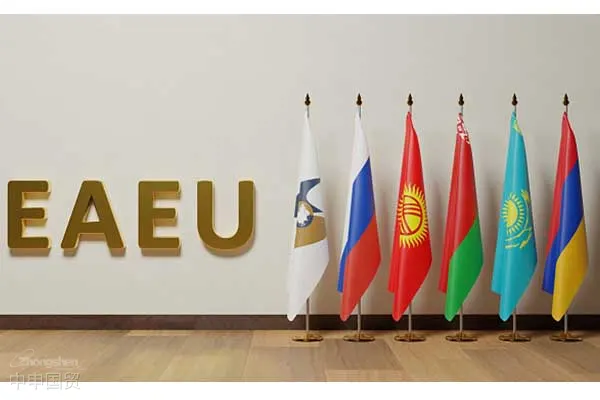
Impact on the Food and Related Industries
The food industry is the primary consumer market for desiccated coconut. According to statistics, approximately 80% of desiccated coconut is used in the production of candies, chocolates, cakes, pastries, biscuits, and other food products. The reduction in import tariffs will directly lower production costs for these foods, enabling companies to offer products at more competitive prices.
- Candy and Chocolate Production: As a key ingredient in candies and chocolates, the elimination of import tariffs on desiccated coconut will provide related businesses with cheaper raw materials, enhancing the market competitiveness of their products. Consumers will also benefit from higher-quality and more affordable products.
- Baking Industry: Baked goods such as cakes, pastries, and biscuits have a high demand for desiccated coconut. The tariff reduction will lower production costs for these products, driving growth and innovation across the industry.
- Other Industries: Although industries such as perfumes, cosmetics, and pharmaceuticals have a relatively smaller demand for desiccated coconut, the tariff adjustment will still reduce production costs and improve market competitiveness for these products.
Driving Force for Regional Economic Integration
Since its establishment, the Eurasian Economic Union has been committed to promoting economic cooperation and trade facilitation among its member states. The reduction in import tariffs on desiccated coconut is another step forward in advancing regional economic integration and fostering economic collaboration among member states. By lowering tariff barriers, trade flows among EAEU members will become smoother, contributing to optimal resource allocation and shared economic prosperity.
Long-Term Effects and Outlook
The tariff policy adjustment will have a positive impact on trade flows within the Eurasian Economic Union, promoting the development of related industries. In the long term, this measure will not only help reduce production costs for businesses but also stimulate innovation and improve product quality. Consumers will also benefit from more cost-effective products.
In the future, the Eurasian Economic Union may continue to adopt similar measures to reduce tariffs on other key raw materials and products, further advancing regional economic integration and enhancing the economic competitiveness of its member states.
Related Recommendations
? 2025. All Rights Reserved. Shanghai ICP No. 2023007705-2  PSB Record: Shanghai No.31011502009912
PSB Record: Shanghai No.31011502009912
